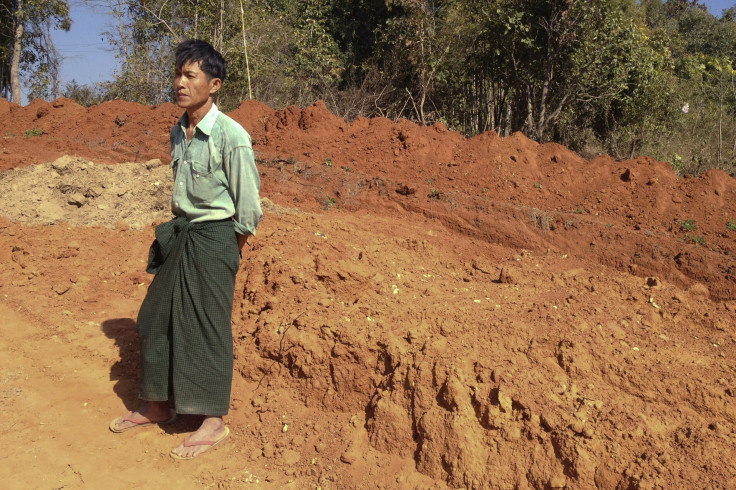China-Myanmar Gas Pipeline: Myanmar Once Again Getting A Bad Bargain In Chinese Investment

The China-Myanmar gas pipeline is now in full operation, and is projected to send enough natural gas to greatly ease China’s hunger for energy. That’s all great news for China, but what is Myanmar getting out of the deal? Little but confiscated land, environmental damage and regional conflicts, critics of the projects say.
The China National Petroleum Corporation, a state-owned oil and gas corporation and China’s largest integrated energy company, announced Sunday that after the completion of its end section connecting cities in southwestern China, the gas pipeline is now in full operation, the official Xinhua news agency reported. The pipeline is expected to send 12 billion cubic meters (424 billion cubic feet) of natural gas annually to China, which will reduce the world’s most polluted nation’s coal consumption by 30.72 million tonnes (33.86 million tons).
"The pipeline will relieve China's energy risks and will also reduce the price of gas," Lin Boqiang, a professor at the China Centre for Energy Economics Research at Xiamen University, told the Global Times. "Currently, China's piped gas is mainly imported from areas around the Malacca Strait. Now, we have one more pipeline from the land instead of the seabed, which will decrease dangerous factors.”
The project appears to be a great deal for the Chinese, who for years worked with Myanmar’s former military government to exploit Myanmar’s natural resources in energy and jade, among others. But like the Chinese-invested Latpadaung copper mine, which this year saw protests from local Burmese, the pipeline is criticized as being unfair for Myanmar. In particular, the project was seen to have caused land confiscation and environmental damage in the region.
The majority of Chinese investment in Myanmar has involved extracting resources out of the Southeast Asian nation’s ground and taking them to feed China’s domestic needs. Chinese media, in reporting on the pipeline, have dismissed the critics.
"In recent years, amid the hype of some Westerners, the pipeline venture has seemed to be a project that is only profitable to the Chinese side. But the facts seen by people today show that this will be a win-win outcome,” a story in the People’s Daily said. “Myanmar will not only collect a ‘toll,’ it can also withdraw a certain amount of natural gas within its territory to ease the pressure of energy shortages.”
© Copyright IBTimes 2025. All rights reserved.





















